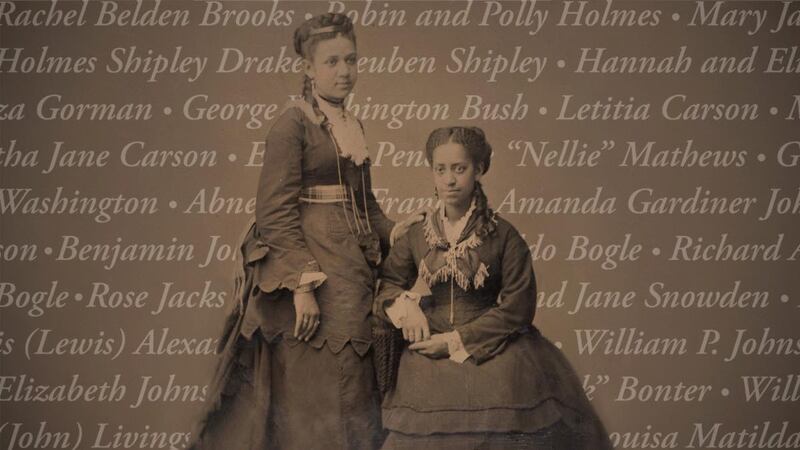Pittock Mansion is currently hosting Black in Oregon: 1840–1870, a traveling exhibition from the historical society Oregon Black Pioneers. It was inspired by Black individuals and families who journeyed to Oregon in defiance of provisional and territorial governments that explicitly barred Blacks from residency and all legal protections.
“This exhibit from Oregon Black Pioneers challenges our assumptions of Oregon’s pioneer history,” stated Jennifer Fang, director of interpretation and community engagement for the Pittock Mansion Society, in a press release. “It sheds light on how the first generation of Black Oregonians carved out a life for themselves amidst a hostile environment. The exhibit speaks to a history of resilience, ingenuity, and resistance that is integral to Oregon’s past and present.”
The exhibit will feature a number of special events, including a lecture titled Beyond the Black Pioneer—Oregon in the Context of National Black History by Dr. Darrell Millner, a professor emeritus of Black studies at Portland State University, on Thursday, July 21.
A closing lecture (by public historian Stephanie Vallance) about Letitia Carson, the only Black woman to successfully make a land claim in Oregon under the Homestead Act of 1862, will take place Nov. 3. Programming will also include a guided interactive hike led by Zachary Stocks, executive director of Oregon Black Pioneers, on Oct. 3.
“Black in Oregon: 1840–1870 allows audiences to learn about the courageous individuals who resisted anti-Black racism to make a life for themselves and their families in Oregon,” Stocks said in the release. “Black men and women were not just witnesses to history. Rather they helped shape the growth and identity of Oregon’s first non-Indigenous communities. By seeing their faces, and the documents by which their story is told, Oregonians will recognize these Black pioneers as more than simply names and numbers.”
Black in Oregon: 1840–1870 will be open through Nov. 13 at Pittock Mansion. Tickets are available here (admission is $14.50 for adults, $12.50 for seniors, $10.50 for youth, and children 5 and under are free).
